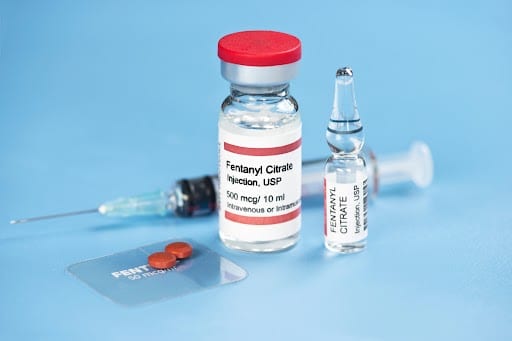The Opioid Crisis During COVID‑19 in Harrisburg, PA
June 19, 2024

The opioid crisis in Harrisburg, PA has been worsened by the COVID 19 pandemic, causing a surge in opioid use, overdoses and related deaths. The challenges of substance abuse treatment have been compounded by this double public health emergency.
Factors Contributing to Increased Opioid Misuse
Stress and Isolation:
The stress and isolation brought about by the pandemic have played a significant role in the escalation of opioid misuse. Many individuals resorted to opioids as a way to cope with heightened anxiety, economic instability and feelings of loneliness intensified by lockdowns and social distancing measures.
Challenges in Accessing Treatment Services:
Accessing addiction treatment services became more difficult during the pandemic due to lockdown restrictions and the redirection of resources towards COVID 19 efforts. In Harrisburg, closures of outpatient services and disruptions in the supply chain for medication assisted treatments (MAT) added hurdles for those seeking assistance.
Rise of Synthetic Opioids:
There has been a notable increase in synthetic opioids like fentanyl circulating in Harrisburg's drug market. Fentanyl's potency surpasses that of heroin and other opioids, leading to an uptick in overdose cases. The introduction of such substances into the drug landscape during the pandemic has further exacerbated the crisis.
Impact on Public Health and Safety
Effects of Overdose:
In Harrisburg, there was a significant increase in opioid related overdose deaths during the pandemic, reflecting the national trend. The Pennsylvania Department of Health noted a 20% rise in such deaths in 2020 compared to previous years, with synthetic opioids being a key factor.
Challenges for Healthcare Systems:
Local healthcare facilities encountered unprecedented difficulties as they navigated the dual pressures of COVID 19 and a surge in opioid overdose cases. Emergency services and hospitals faced heightened demand, straining their resources and impacting the level of care provided.
Decline in Mental Health:
The pandemic worsened mental health issues for individuals dealing with substance use disorders (SUD), leading to an increase in opioid misuse. The lack of social support and reduced availability of mental health services contributed to deteriorating mental well being and higher rates of opioid use.
Approaches to Tackle the Crisis
Expansion of Telehealth Services:
To address the limited access to traditional treatment methods, Harrisburg has witnessed a rapid growth in telehealth services for addiction care. Telemedicine has enabled ongoing care and assistance for those seeking help, offering remote counseling sessions and prescriptions for Medication Assisted Treatment (MAT).
Community Engagement and Education:
There have been increased efforts to raise awareness among the public about the risks associated with opioid misuse and inform them about available treatment options.
Community groups have increased their efforts to reach out to people and link them with helpful resources and support systems.
Improved Strategies for Reducing Harm:
The use of harm reduction tactics, like providing naloxone (a drug that reverses opioid overdoses) and establishing safe places for injection, has played a vital role. These actions have contributed to lowering the number of deaths linked to opioid overdoses in Harrisburg.The COVID-19 pandemic has undeniably intensified the opioid crisis in Harrisburg, PA. Addressing this compounded health emergency requires a multifaceted approach that includes expanding treatment access, bolstering community support, and enhancing harm reduction efforts. As the community continues to navigate the challenges posed by both the pandemic and the opioid epidemic, comprehensive and adaptive strategies will be essential to mitigating the impact and fostering recovery.
Tags: Substance Use Disorder


